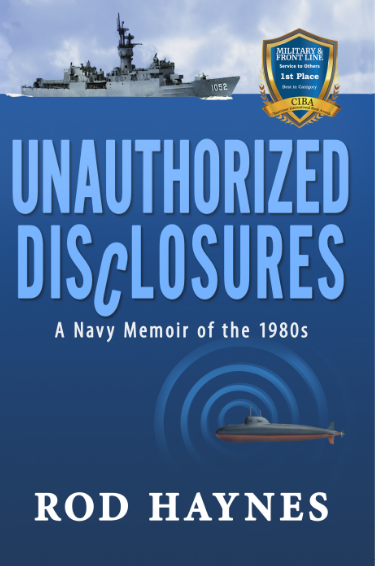|
Listen to or download this article:
|
Why would Iranian terrorists break into a Paris cemetery and steal the bones of an American Jewish WWI veteran? The answer lies in the deadly parallel history of WWI and the Spanish flu, but it’s a mystery that Jake Fortina will have to uncover in Ralph R. “Rick” Steinke’s thriller, Major Jake Fortina and the Tier One Threat.
During WWI, the Spanish Flu killed millions of people—some estimates as high as 100 million—but a Jewish nurse tossed off the flu like a cold and continued to serve her country. Iran’s leaders believe the DNA in her bones will let them develop a virus that could kill Americans and Israelis by the millions while simultaneously developing immunity for Iran’s own population.
This threat drives the story as it reaches deep into multiple countries and their governments, who collectively try to figure out the importance of the bones theft and, ultimately, what to do about it.
Jake Fortina is an Army foreign area officer, a special position designed to handle international and political-military duties. He’s called to work with an FBI agent in France to track down the terrorists, but must be careful so they can derail the plot and arrest the perpetrators.
The chase starts in Paris and winds its way eventually to the Italian coast. Jake’s skills are more diplomatic than James Bond as he navigates the complex relationships between multiple governments.
Even the carrying of a weapon by an American agent into some countries is forbidden unless specifically approved by a government agency. Jake and his fellow officers must swim in these political waters in order to track down the terrorists.
This novel favors patriotism, professionalism, and process over slam-bang cinematic action. Virtually every aspect of Jake’s actions, his relationships with colleagues, the cooperation of governments—from heads of states to ordinary agency and military officials— is spelled out in detail. Author Steinke paints Jake’s intricate world with undeniable authenticity.
Readers will enjoy a well-written thriller and come away with a better understanding of how the real world works (or should work) when confronted by an existential threat. It is at once a novel and an education in international diplomacy and coordination, balancing all aspects well.











Leave A Comment